Turkey
Geography
The Republic of Turkey, a transcontinental nation, is primarily situated on the Anatolian Peninsula in Western Asia, with a smaller segment on the Balkan Peninsula in Southeastern Europe. It is neighboured by eight countries: Greece and Bulgaria to the northwest; Georgia to the northeast; Armenia, Azerbaijan, and Iran to the east; and Iraq and Syria to the south. The Aegean Sea to the west, the Black Sea to the north, and the Mediterranean Sea to the south surround the country on three sides.
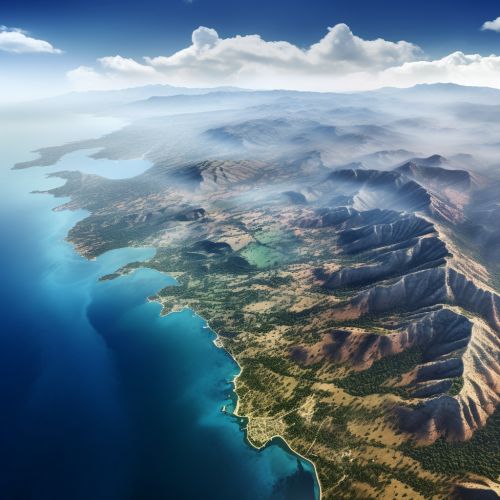
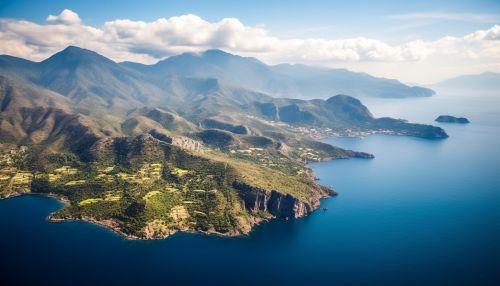
Turkey's varied landscapes are the product of intricate geological activities that have formed the region over millennia and continue to be evident in frequent seismic activities and occasional volcanic eruptions. The Bosphorus, the Sea of Marmara, and the Dardanelles, collectively known as the Turkish Straits, are the result of a significant rift in the earth's crust that has separated the Anatolian Plate from the Eurasian Plate.
History
Turkey's history extends over 10,000 years, with the earliest known human habitation dating back to the Paleolithic era. The country has been the cradle of several ancient civilizations, including the Hittites, the Phrygians, and the Lydians, and has witnessed the rise and fall of significant empires such as the Byzantine Empire and the Ottoman Empire.
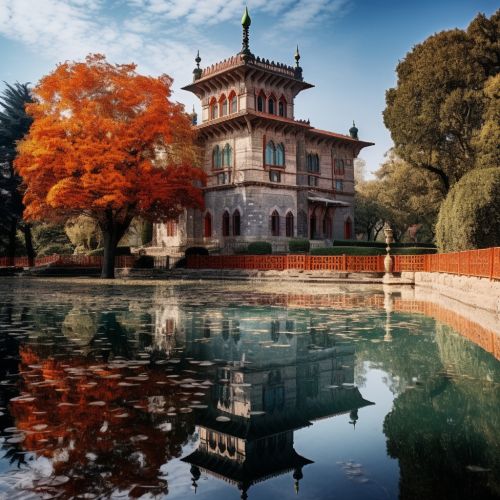
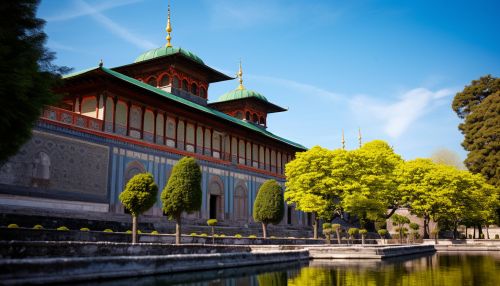
The modern Republic of Turkey was established in 1923, following the Ottoman Empire's defeat in World War I. Mustafa Kemal Atatürk, the country's founder, launched a series of political, legal, and social reforms aimed at transforming the former Ottoman Empire into a modern, secular, and democratic nation-state.
Politics
Turkey is a democratic, secular, unitary, constitutional republic with a diverse cultural heritage. The political system was established in 1923 under Mustafa Kemal Atatürk's leadership, following the Ottoman Empire's fall. The system is predicated on the separation of powers and checks and balances among the legislative, executive, and judicial branches of government.
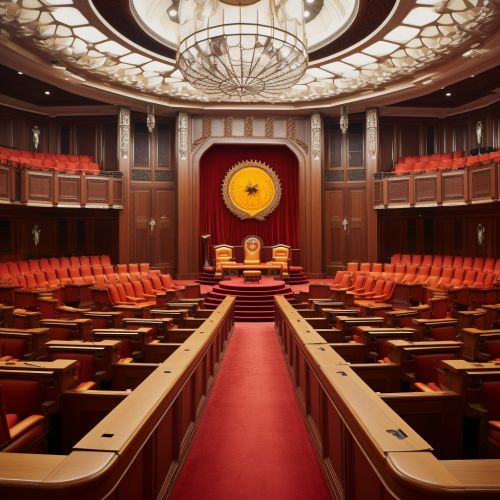
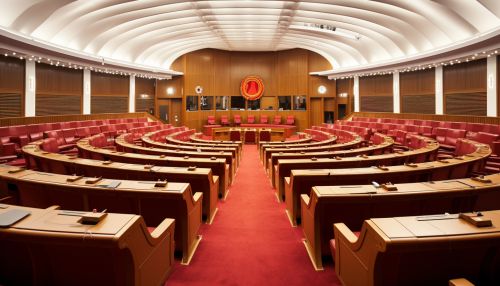
The President of Turkey, who plays a significant role in the executive branch, is the head of state. The President, elected by popular vote, has the authority to appoint and dismiss ministers and Vice Presidents, and to enact or veto certain laws. The legislative power resides in the Grand National Assembly, a unicameral parliament with 600 members elected for a four-year term.
Economy
Turkey, classified as a newly industrialized country, boasts one of the world's emerging economies. It ranks among the world's top producers of agricultural products; textiles; motor vehicles, ships, and other transportation equipment; construction materials; consumer electronics and home appliances.
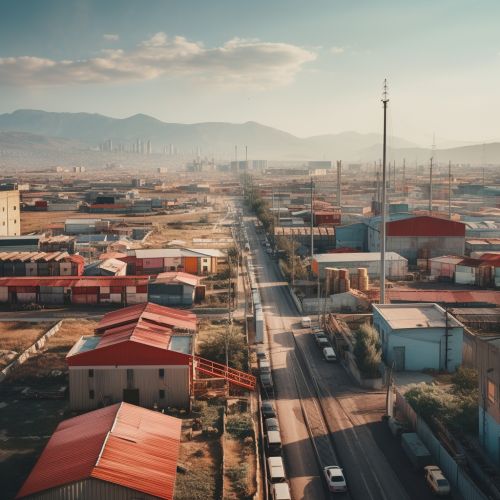

In recent years, Turkey has concentrated on expanding its high-technology industries, research and development, and has seen a rise in venture capital investments. The country is a founding member of the OECD and the G-20 major economies.
Culture
Turkey's culture is a diverse amalgamation of Turkic, Anatolian, Ottoman (which itself is a continuation of both Greco-Roman and Islamic cultures), and Western culture and traditions. This blend originated from the interaction of Turks and their culture with the cultures of the peoples they encountered during their migration from Central Asia to the West.
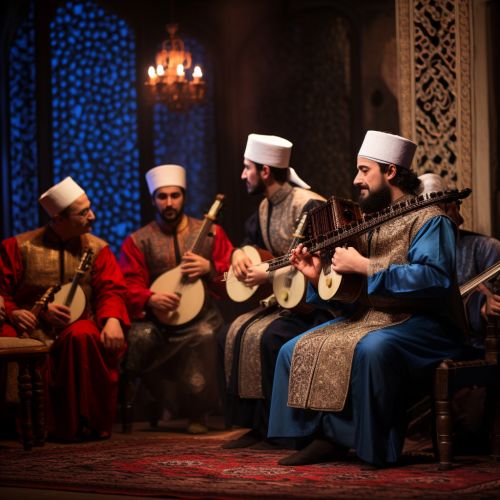
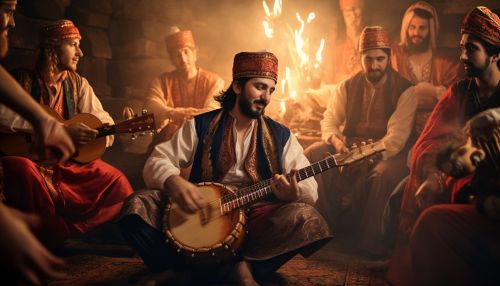
Turkish culture, known for its cultural diversity and historical depth, includes significant accomplishments in literature, dance, music, cinema, and cuisine. The country has a rich tradition in folk dance and music. Turkish literature was heavily influenced by Persian and Arabic literature during most of the Ottoman era.
